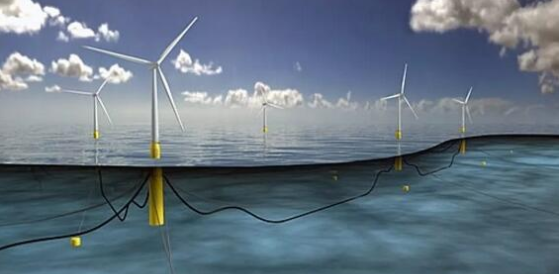The Equinor project was initially approved
Norwegian energy giant Equinor was approved to build a 200MW floating offshore wind farm in the Canary Islands of Spain. If the approval process is going smoothly, the project is expected to be put into operation in 2024, when it will become the world's largest floating offshore wind farm.
The Canary Islands, a group of islands in the northwestern part of Africa, covers an area of 7,273 square kilometers and is an autonomous region of Spain. It is also within the EU and has a population of about 2.09 million. Therefore, this will be the first commercial offshore floating wind farm in Spain and Africa.
Because the geologically belongs to the volcanic archipelago, the continental shelf declines at a certain speed, so the fixed foundation cannot be used, and only the floating foundation can be developed.
Equinor declined to disclose the size of the project, but according to a report from the local government of the Canary Islands, the wind farm has a total investment of 860 million euros.

Local government actively promotes
Currently, 98% of the oil and 92% of the electricity in the Canary Islands are dependent on imports, so local governments are keen to develop local energy projects. It is not feasible to develop onshore wind power in the archipelago, so offshore wind power has become the first choice.
The Minister of Economy, Industry and Trade of the Canary Islands, Pedro Ortega, wrote to the Spanish government last month urging him to set up an internal working group to identify areas for the development of offshore wind power, a prerequisite for Equinor and other developers to invest: “We need to negotiate with the Spanish eco-transformation sector to consolidate the Canary Islands as a pioneer in offshore wind power development.”
The local government has initially identified three areas through research that have good wind speed, water depth, topography, and near the load center of the islands.
With the world's largest floating offshore wind farm, Scotland's 30MW Hywind, Equinor hopes to maintain its first-mover advantage and continue to stand on the "world's floating wind power." They have already completed some testing projects in the Canary Islands, and the next step is to move towards commercialization projects.
















 RCCN WeChat QrCode
RCCN WeChat QrCode Mobile WebSite
Mobile WebSite